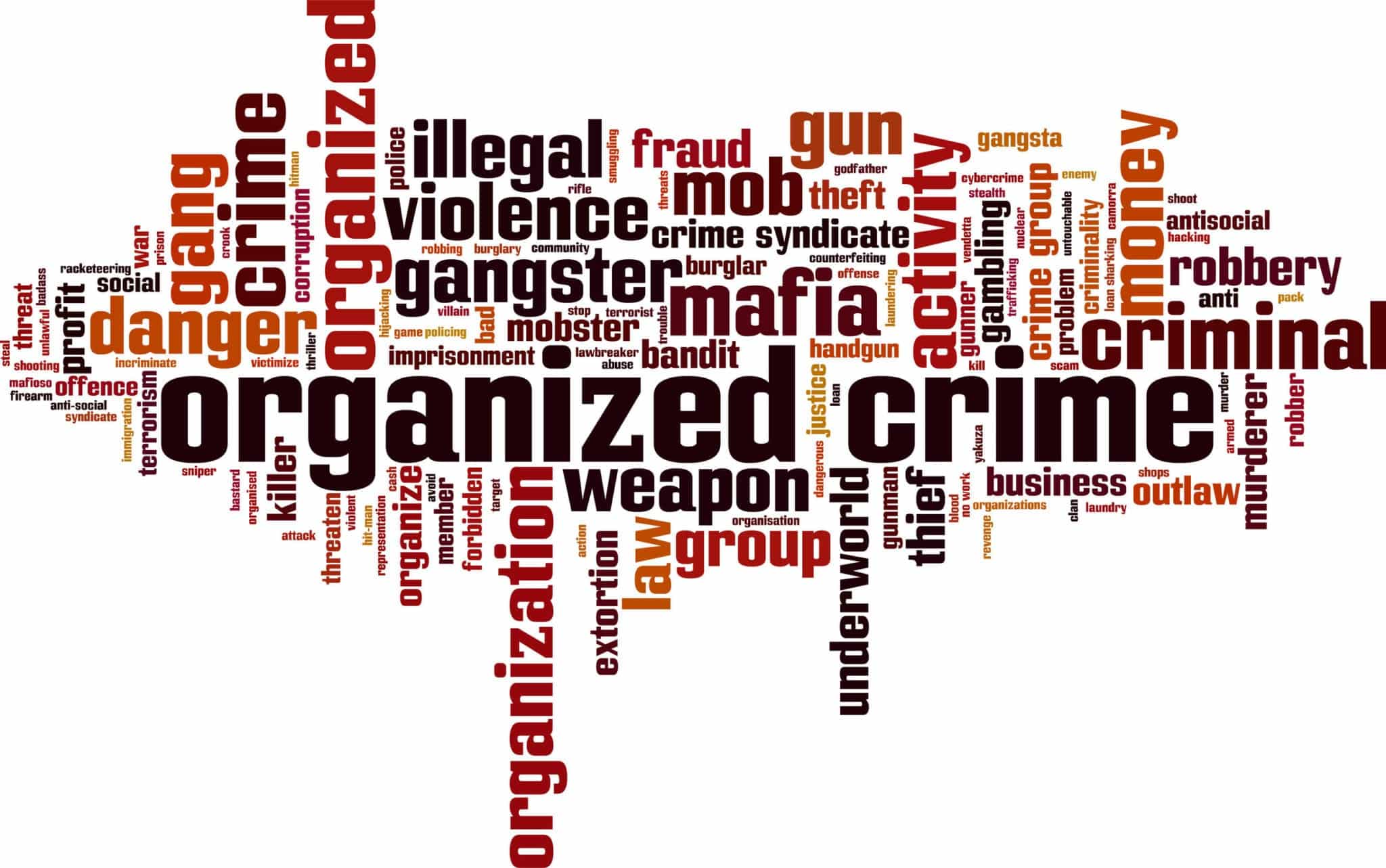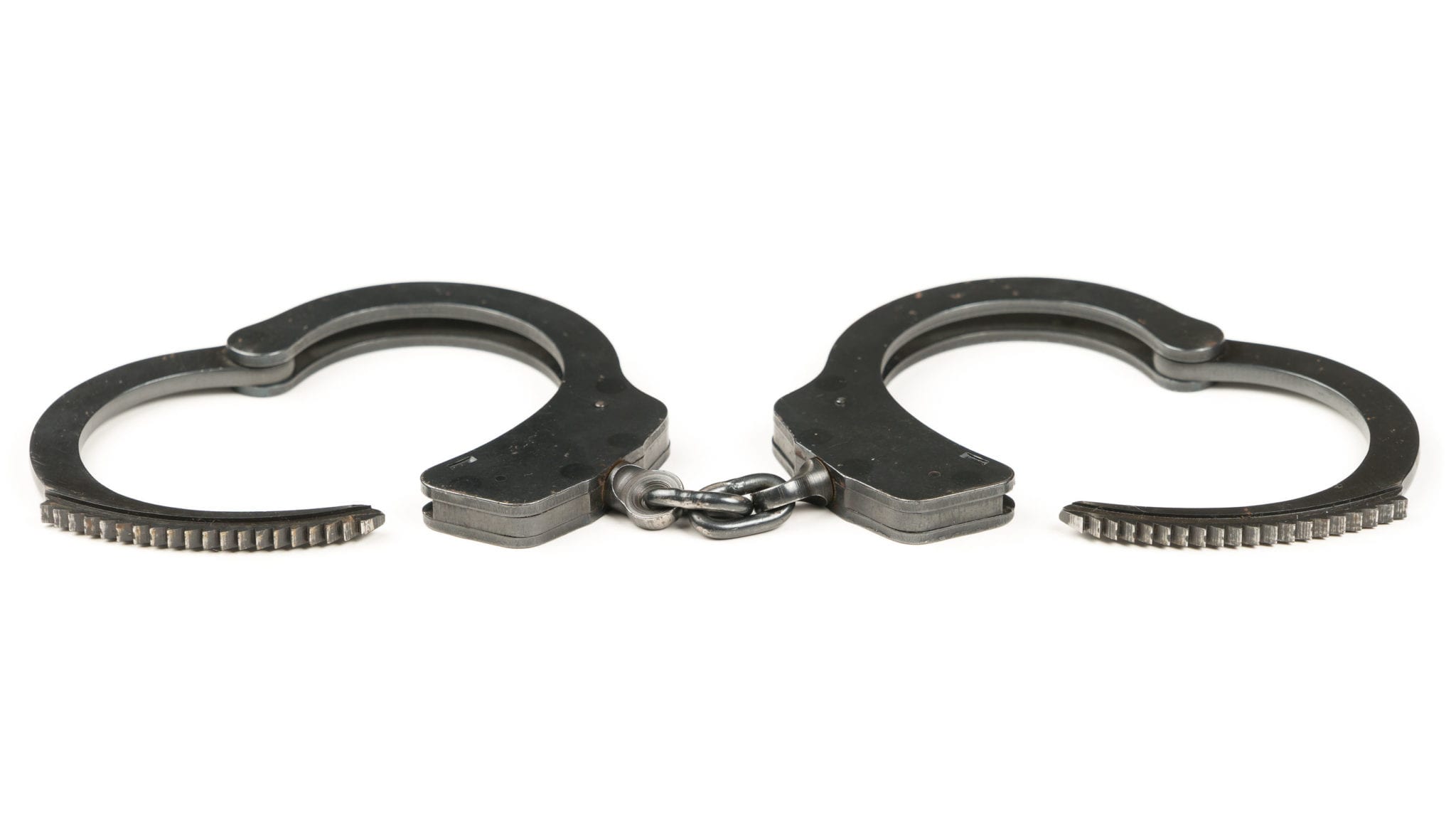
Eight members of the MS-13 gang were recently indicted in Texas on racketeering charges including racketeering conspiracy, attempted murder in aid of racketeering, assault with a dangerous weapon in aid of racketeering, conspiracy to commit murder in aid of racketeering, and using, carrying, and possessing a firearm during and in relation to a crime of violence.
MS-13 is a national and transnational violent street g. It has more than 10,000 members. It is one of the largest street gangs in United states, with branches or “cliques” in most major US cities, and they are notoriously violent.
In order to join MS-13 and maintain membership, gang members are required to commit acts of violence. One of its principal rules is that gang members and associates must attack and kill rivals whenever possible.
Initially enacted to prosecute mobsters, racketeering laws are frequently used to prosecute organized crime entities such as street gangs, drug cartels, corrupt police departments, and corrupt politicians.
As such, federal racketeering charges are quite serious. Below, we discuss racketeering laws, focusing on violent charges that can arise from racketeering.
Federal Racketeering Laws and RICO
The Federal Racketeering Influenced and Corrupt Organizations (RICO) law was enacted in the 1970s in order to better prosecute the mafia. Prior to the enactment of RICO, prosecutors could only try mob-related crimes and mobsters individually, precluding the ability to shut down the entire organization.
RICO allows the government to prosecute all individuals involved in a criminal enterprise, even if the alleged participants did not physically commit the crime(s) in question. Therefore, prosecutors can charge not only minor players such as hitmen, but also top leadership of the organization as well.
As mentioned above, although RICO was developed to combat the Mafia, it is now used to prosecute many forms of organized crimes. Becauthe RICO law is so broad, it can be used to prosecute a wide variety of organizations, even non-criminal entities such as Greenpeace and the Catholic Church.
To be charged with a RICO violation, the defendant must engage in a “pattern of racketeering activity” connected to a criminal enterprise of some kind. This commonly includes crime families, street gangs, and drug cartels, but can also ensnare enterprises such as corporations, political parties, or managed care companies.
RICO outlines 35 offenses that constitute racketeering, including bribery, drug dealing, arson, kidnapping, murder, gambling, and prostitution.
In addition to criminal charges, anyone can bring a civil suit if they have been injured by a RICO violation. If the suit is successful, the plaintiff is often awarded quite substantial damages – usually several hundred thousand or even millions of dollars.
What You Should Know about Violence in Aid of Racketeering

In addition to the charge of racketeering or being involved in a pattern of racketeering, members of criminal enterprises may also be charged with violence in aid of racketeering. This was the case with the MS-13 members who were recently indicted.
Some violence in aid of racketeering charges are restricted to individuals who physically commit the act in question (for example, assault, murder, or weapons charges). However, in order to prosecute individuals who order violent crimes to be committed, there are also specific charges for this kind of involvement as well, such as conspiracy to commit murder.
Each charge of violence in aid of racketeering is sentenced separately, and generally has a mandatory minimum prison sentence of 10 years, as is typical of federal violent crimes as a whole.
Using RICO to Prosecute Racketeers
Before RICO laws were enacted, prosecutors struggled to end criminal rackets, as they were only able to prosecute low-ranking members who physically performed the illegal activities. This did little to end the rackets, as the organizers were able to recruit new members and continue operations. In order to convict an individual using RICO, prosecutors must only prove that the defendant owns or manages an organization which performs one or more specific illegal activities.
RICO is most commonly associated as a federal offense, but many states have now enacted their own anti-racketeering laws allowing for prosecution at the state level.
Why should this matter to you if you’re not in a gang or part of the mafia?
Because as we detailed above, RICO charges can be levied against all kinds of groups – and if you are convicted, you may end up facing a decades-long prison sentence.

Being charged with racketeering does not mean that the prosecution will be able to convict you, however. Depending on the specific circumstances surrounding the alleged offense, there may be several defenses available to fight back and beat your RICO charge. You need to take action, though, and the earlier you do, the better your chances at a positive outcome.



